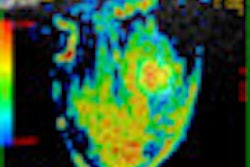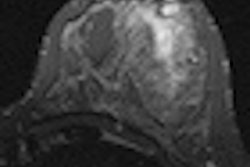A long-term study based in Europe and the U.S. has found that women who work night shifts more than twice a week have a greater susceptibility of breast cancer, according to research published online by Occupational and Environmental Medicine.
Also, the risk of breast cancer is greatest among women who consider themselves "morning" people (or "larks") rather than "evening" people (or "owls"), the authors found.
The findings are based on a survey of 692 women, 141 of whom had breast cancer. The responses showed that night-shift work was associated with a 40% increased risk of breast cancer compared with women who did not work night shifts.
In addition, women who worked night shifts at least three times a week, and for at least six years, were more than twice as likely to have the disease as those who did not work similar hours.
While lack of sunlight has been linked to the development of various cancers, including that of the breast, the study found that women who worked night shifts tended to sunbathe more frequently than those who worked during the day.
The findings also indicated that working up to two night shifts a week had no impact on the risk of developing breast cancer, which may not be long enough to disrupt the body clock. On the other hand, frequent night shifts for several years may disrupt circadian rhythms and normal sleep patterns, and curb production of the cancer protecting hormone melatonin.



















